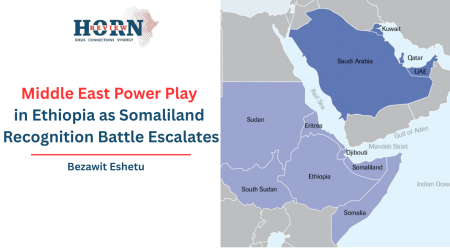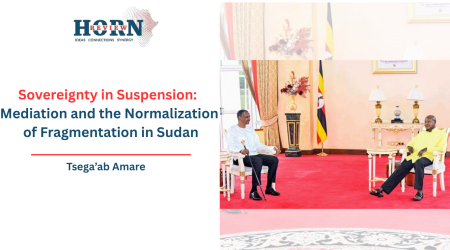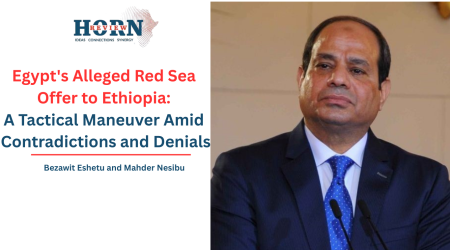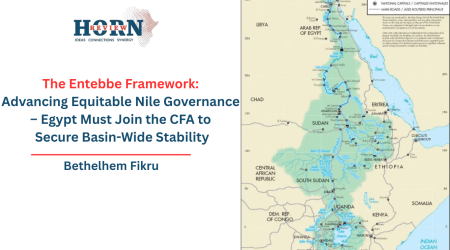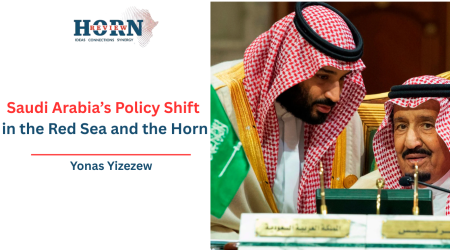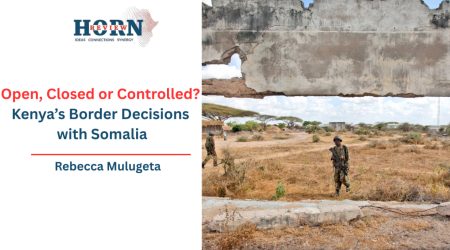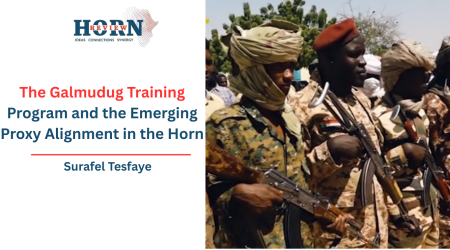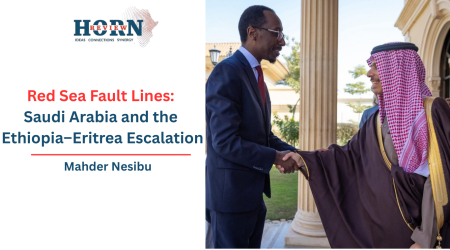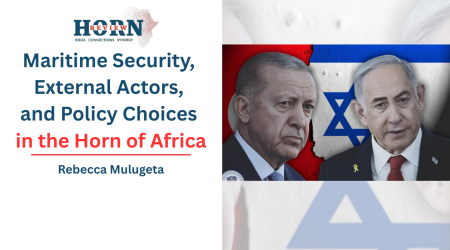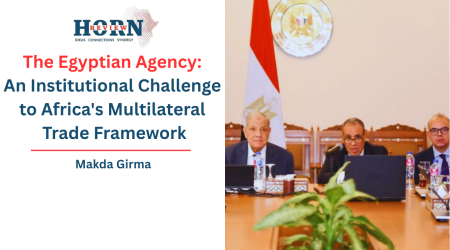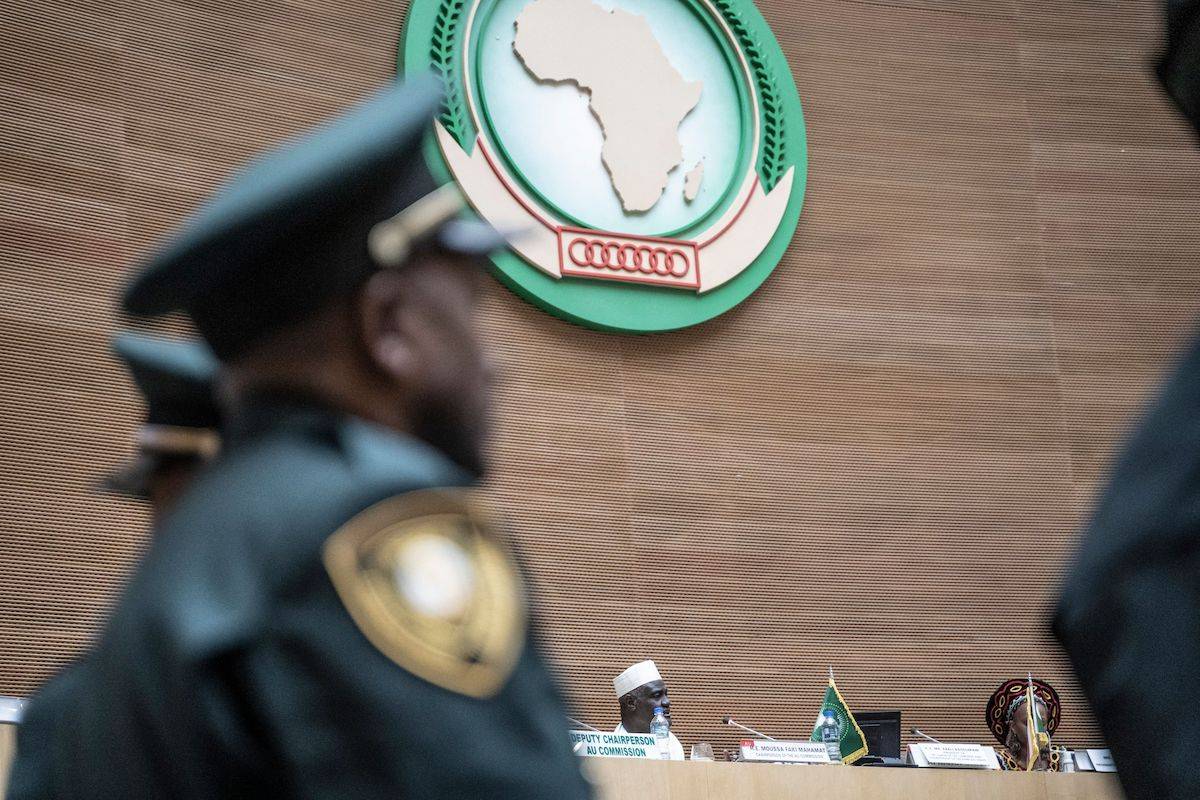
20
Feb
The African Union’s Role in Ending Sudan’s War and Humanitarian Crisis
The African Union (AU) is generally considered as the primary regional body for conflict resolution in Africa, but the ongoing war in Sudan presents a significant challenge to its effectiveness. For nearly two years, the conflict between the Sudanese Armed Forces (SAF) and the Rapid Support Forces (RSF) has created a severe humanitarian crisis, with over 30 million people requiring assistance and 12 million displaced, including 3.3 million refugees outside Sudan.
The AU’s involvement in the Sudan crisis has focused on three main areas: mediation efforts, ceasefire negotiations, and humanitarian coordination. However, the organization faces substantial structural and external challenges that hinder its ability to bring about a lasting resolution to the conflict.
In terms of mediation, the AU has worked through the Intergovernmental Authority on Development (IGAD) and neighbouring states such as Ethiopia and Kenya to broker a peace settlement between the SAF and RSF. The AU supports the Jeddah Declaration, which emphasizes a ceasefire, humanitarian access, and dialogue. However, the effectiveness of these efforts is limited by weak enforcement mechanisms, fragile ceasefire agreements broken without consequences, and the involvement of external actors with their own strategic interests.
The AU’s humanitarian coordination efforts involve collaboration with the African Humanitarian Agency and UN bodies to facilitate aid delivery. However, insecurity, blockades, and logistical challenges prevent effective distribution. The AU’s financial dependence on external donors with their own conditions and political agendas further complicates its ability to act independently and effectively.
Several structural and external limitations impede the AU’s effectiveness in resolving the Sudan crisis. Institutionally, the AU Peace and Security Council (PSC) is divided, with some member states having vested interests in Sudan. Additionally, AU-led initiatives often overlap with those of other international bodies, leading to confusion and inefficiency. Geopolitically, the involvement of multiple international actors with competing interests undermines AU-led initiatives and reduces the organization’s leverage.
To enhance its effectiveness in addressing the Sudan crisis, the African Union (AU) could consider several strategies. These include strengthening enforcement mechanisms by introducing targeted AU-led sanctions against obstructionist leaders and factions, while aligning these measures with UN Security Council resolutions. Additionally, improving regional cohesion by reinforcing IGAD’s role within the AU framework and encouraging African states to adopt a unified position on Sudan would be beneficial.
On a broader scale, the AU could also enhance its financial and logistical independence by increasing member state contributions and establishing a dedicated emergency response fund for African crises. Furthermore, incentivizing ceasefire compliance through economic and development incentives for warring factions, coupled with AU-backed reconstruction projects in exchange for demilitarization efforts, could foster long-term peace. Finally, strengthening humanitarian coordination by establishing an AU-led regional humanitarian corridor and improving collaboration between the AU, UN, and the Red Cross to overcome logistical barriers would help ensure efficient aid delivery.
while the AU has positioned itself as a key player in resolving African conflicts, the Sudan crisis highlights the significant challenges it faces in fulfilling this role effectively. By addressing its structural limitations, improving regional cohesion, and enhancing its financial independence, the AU can potentially increase its impact in ending the war and alleviating the humanitarian crisis in Sudan. However, success will ultimately depend on the organization’s ability to navigate complex geopolitical dynamics and garner support from both regional and international stakeholders.
By Mahder Nesibu, Horn Review, Researcher

